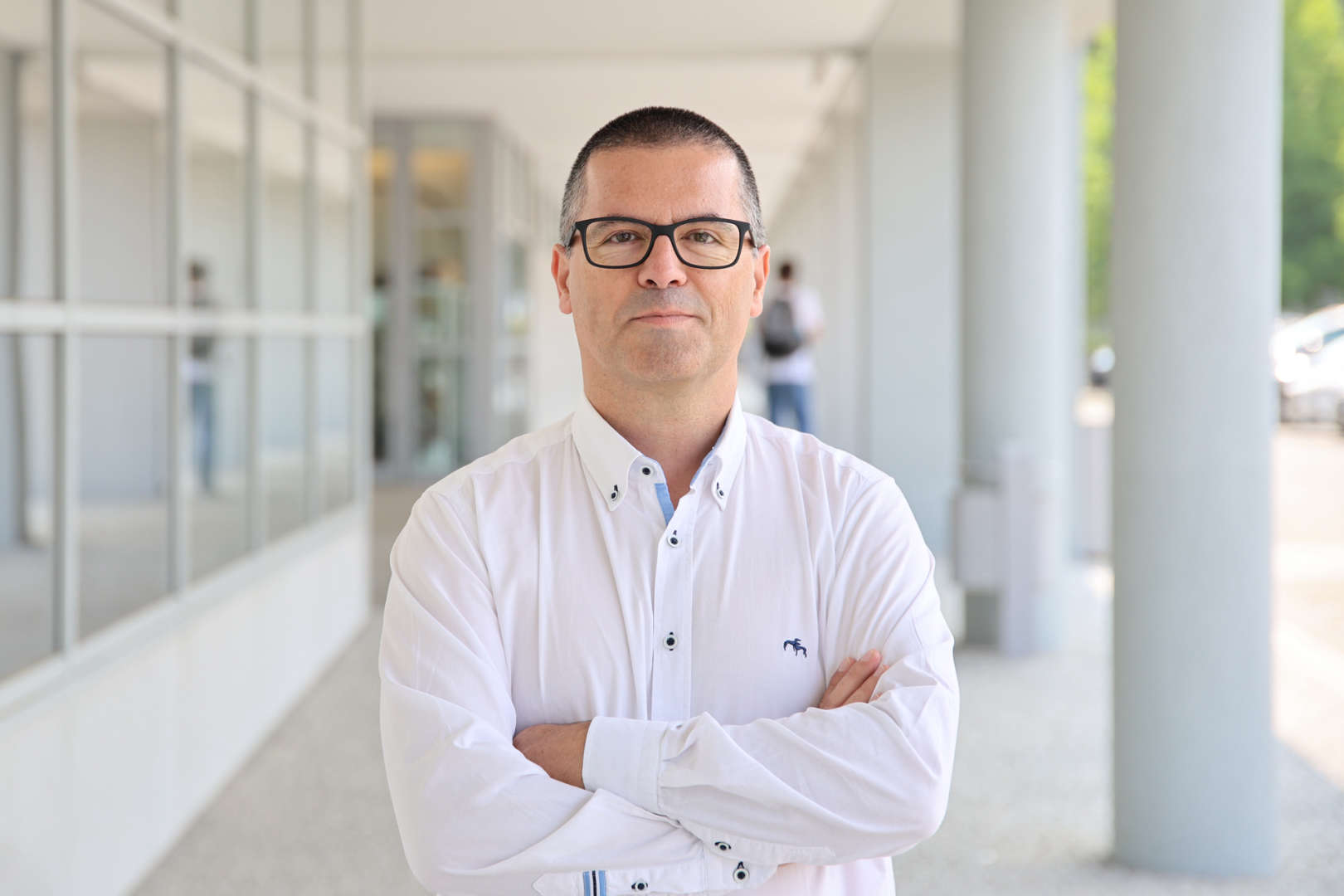About
M. F. Silva was born in April 11, 1970. He graduated, received the MSc. and the PhD. degrees in electrical and computer engineering from the Faculty of Engineering of the University of Porto, Portugal, in 1993, 1997 and 2005, respectively. Presently he is Coordinator Professor at the Institute of Engineering of the Polytechnic Institute of Porto, Department of Electrical Engineering, and Senior Researcher at the Centre for Robotics in Industry and Intelligent Systems of INESC TEC. He is the author or more than 150 publications in international journals and conferences and has been involved in several R&D projects. He has also been actively involved in the organization of several international conferences, belongs to the CLAWAR Association Management Team and was President of the Portuguese Robotics Society. His research focuses on modelling, simulation, industrial robotics, mobile robotics, biological inspired robotics, and education in engineering.


